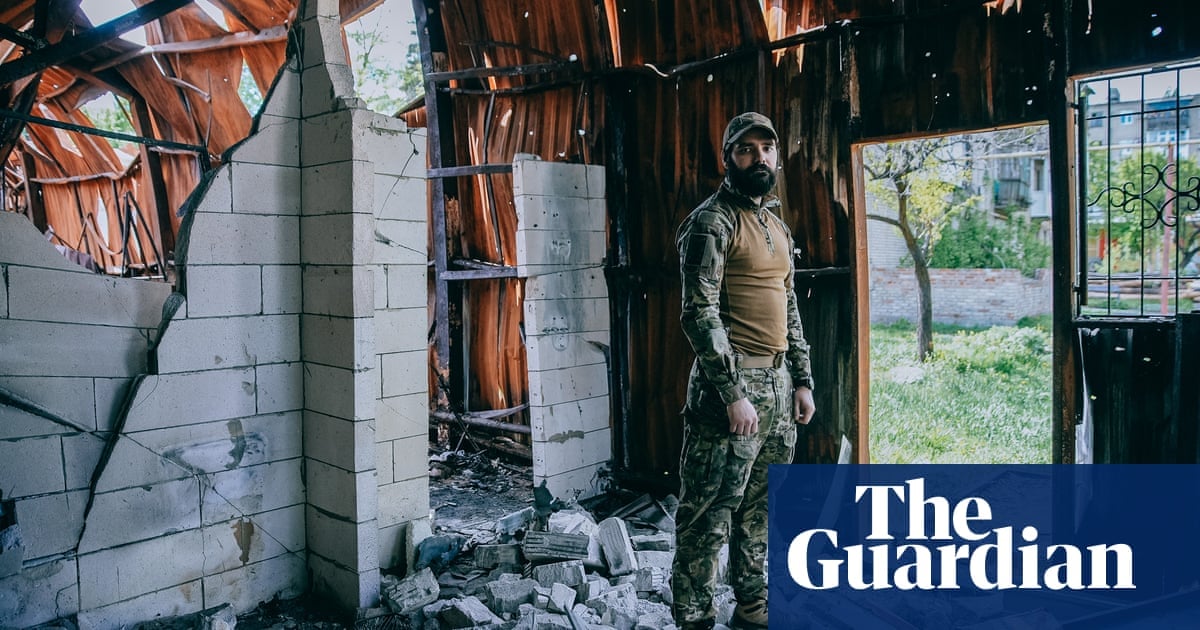- cross-posted to:
- [email protected]
- cross-posted to:
- [email protected]
Fifteen miles east of the garrison town of Lyman, a desperate fight has been taking place on Ukraine’s eastern front for months. The once verdant Serebryansky pine forest has been reduced to burnt-out stumps, reminiscent of images from the Somme, destroyed amid Russian attacks aimed at eliminating Ukrainian foxholes.
Fearful that the frontline could crack last summer, Ukraine’s commanders deployed the Azov infantry brigade to the sector. Their task was and is to repel what “Maslo”, a 29-year-old staff sergeant with the unit’s first battalion, described as “constant assaults, every day, sometimes for 24 hours”. Occasionally the brigade makes dangerous counterattacks on foot.
Russian drone attacks are also proliferating, the soldier added, reflecting a successful shift by Moscow towards a war economy. But perhaps the most serious problem the defenders face are Russian glide bombs, air-launched from as far as 70km away by Su-34 and Su-35 jets. These are moderately accurate weapons that, if they happen to land on target, can wreak havoc on targets below.



Interesting to hear flatter leadership leading to a culture of being heard and improved morale. I’d suspect with greater autonomy and success too. This will all be enabled by greater dissemination of intelligence I’d bet, and increased training. If this is a prelude to something bigger, there are some fantastic lessons to be learnt